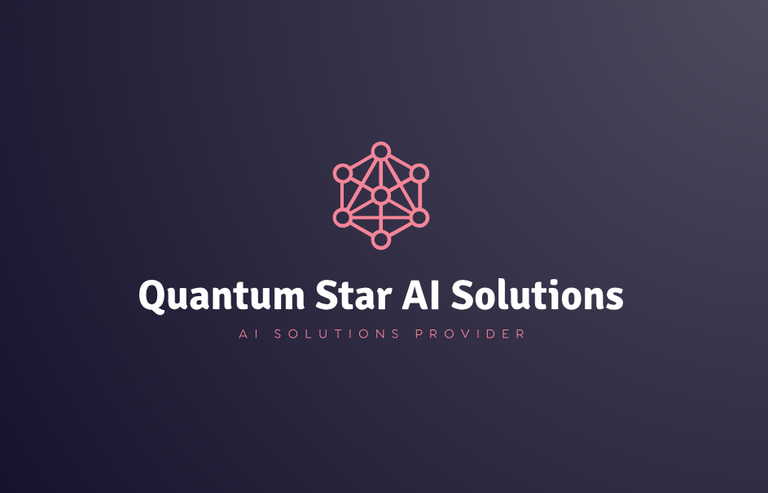Success in agriculture
Many don't recognize how much data the average agricultural business generates, processes and uses.
Quantum Star AI Solutions
4/11/20232 min read

Introduction: The agricultural sector is often perceived as traditional; however, the reality is that modern agriculture is a data-intensive domain. From crop yields, soil data to weather patterns, there is a myriad of data points that, when harnessed correctly, can propel an agricultural business towards unprecedented efficiency and productivity. This case study delves into how a medium-scale farming enterprise, transitioned from traditional farming practices to a data-driven agricultural model, leveraging the potency of Artificial Intelligence (AI), data analytics, and modern technology.
Case Study Overview: We explore the transformative journey of our customer, focusing on three primary data sets - Agronomic Data, Operational Data, and Market Analysis Data, each playing a pivotal role in driving sustainable growth and competitiveness.
Agronomic Data:
Precision Farming: Utilizing AI and machine learning algorithms, we helped our customer transitioned to precision farming. By analyzing historical and real-time data on soil health, crop performance, and weather conditions, they optimized planting schedules, irrigation, and fertilizer application, which significantly boosted crop yields.
Pest and Disease Prediction: By employing predictive analytics, our customer could foresee potential pest and disease outbreaks. Early interventions, facilitated by data insights, minimized crop losses, and enhanced overall farm resilience.
Operational Data:
Resource Optimization: Data analytics enabled a more judicious allocation of resources. Through data-driven insights, it helped our customer optimize labor distribution, machinery utilization, and supply chain management, reducing operational costs.
Sustainable Practices: Leveraging data, it helped our customer implement sustainable farming practices, minimizing waste, and reducing its environmental footprint, which not only lowered costs but also bolstered its market reputation.
Market Analysis Data:
Demand Forecasting: Analyzing market trends and consumer preferences allowed our customer to better align its produce with market demand, ensuring a timely and profitable sale of its agricultural products.
Competitive Positioning: Continual market analysis facilitated an understanding of the competitive landscape, enabling customer to strategically price its produce and identify new market opportunities.
Conclusion: The case study of our customer exemplifies the transformative power of data in modern agriculture. The intelligent amalgamation of AI, data analytics, and technology not only revitalized the operational and agronomic facets of our customer but also endowed it with a robust competitive edge in the market. This case study serves as an archetype for other agricultural enterprises aiming to modernize their operations and achieve sustainable growth in the contemporary agricultural landscape.
Contact us
Whether you have a request, a query, or want to work with us, use the form below to get in touch with our team.


Location
8 The Green STE D,
Dover, DE 19901, USA
Hours
Mon-Fri 9:00AM-5:00PM
Contacts
+1302-330-7381
hr@quantumstarai.com
